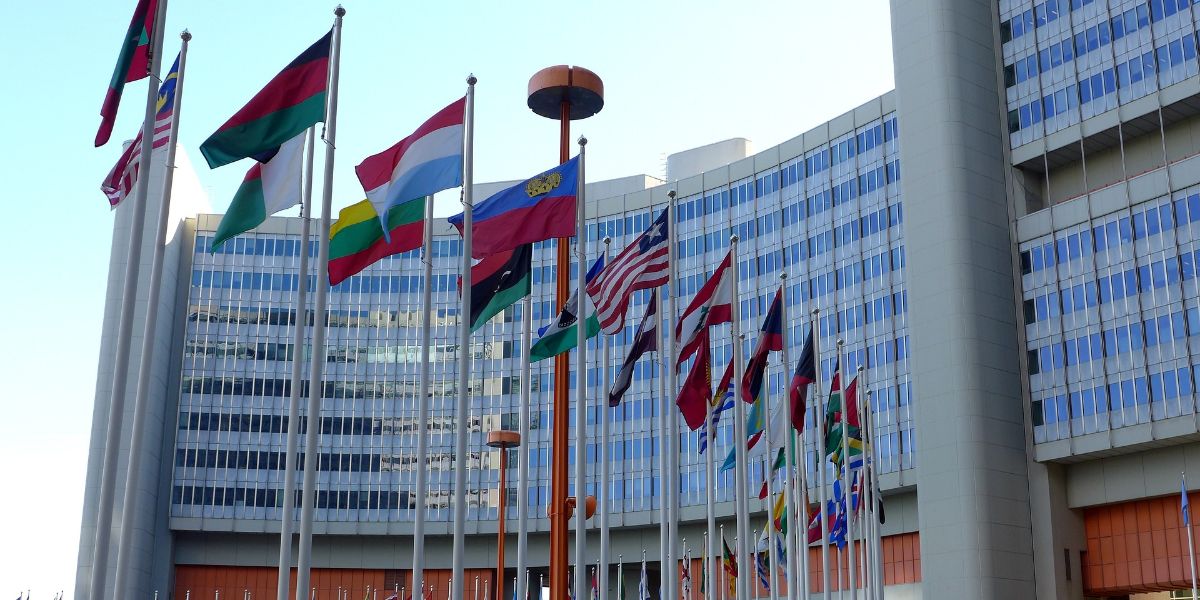The 24th session of the UN Committee of Experts on International Cooperation in Taxation was held in virtual meetings from 4 to 7 April and 11 to 12 April 2022. Workplans were presented by the various Subcommittees for approval by the Committee.
Tax and the Digital Economy
The relevant Subcommittee will look at the possibility of a multilateral instrument to implement Art 12B of the UN Model on the taxation of digital services, and possibly also Art 12A and others. The Subcommittee will also examine the relevance of further physical presence tests similar to those in the permanent establishment (PE) Article, liaising with the subcommittee on the UN Model.
Transfer Pricing
The Transfer Pricing Subcommittee aims to write sector guides on the pricing of products and on the pharmaceutical industry. Toolkits may be necessary on risk assessment and on audit. Work will also be done on domestic anti-abuse provisions and transfer pricing; economic documentation; and dispute avoidance and resolution.
Extractive Industries
The work of the Subcommittee will cover aspects of the extractive industries including trade mispricing and the undervaluation of resources; tax incentives; permanent establishments; and tax issues in relation to the transition from fossil fuels to renewables. The Subcommittee will look at the effect on tax incentives of Pillar 2 of the Inclusive Framework’s two-pillar proposals.
Tax Transparency
The Subcommittee is sending a questionnaire and explanatory notes to UN member countries to gain information on their progress with exchange of information (EOI) and to gain input on the challenges and problems encountered.
Tax, Trade and Investment Agreements
The Subcommittee aims to create awareness of the impact of non-tax agreements on tax policy and advice. Guidance will be developed to assist tax officials with trade or investment treaty negotiations.
Health taxes
The Subcommittee in its work plan for 2022 to 2025 aims to produce a handbook on health tax with information on policy design issues and tax administration. There will be a focus on taxes on tobacco, alcohol, sugar-sweetened beverages as these are considered harmful to health. The handbook will give a general overview and introduction for policy makers; and look at issues in the design of health taxes and their implementation.
UN Model Tax Convention
There has already been substantial work in relation to the inclusion of payments for computer software in the definition of royalties in the UN Model, and the Subcommittee intends to look at practical issues.
A subject to tax rule (STTR) could be included in the UN Model. This would need to be relatively simple to administer for countries where the tax administration has few resources.
Work will be done on possible updates to the UN Model in relation to extractives and other natural resources, including PEs and fees and income paid. There is a need to consider the allocation of profits to PEs for insurance activities as there are practical challenges.
Indirect Tax
The Subcommittee aims to develop VAT/GST guidance on good practice covering issues around design, compliance and administration. On the design of VAT, the Subcommittee will look at simplified rules, registration thresholds and considerations for small and medium enterprises (SMEs). They will also examine issues around VAT and government entities, charities and donor-funded projects. The work will cover the interaction of VAT and GST with other taxes and different types of collection mechanism.
Environmental taxation
The Subcommittee will write short papers on the interaction of carbon taxation with other national measures, including broader tax reforms and fossil subsidies; the role of carbon taxes and other measures to support energy transition; the interaction between carbon taxes and carbon offsetting programs; and Carbon Border Adjustment Mechanisms (CBAMs) and issues when they are applied by other countries.













